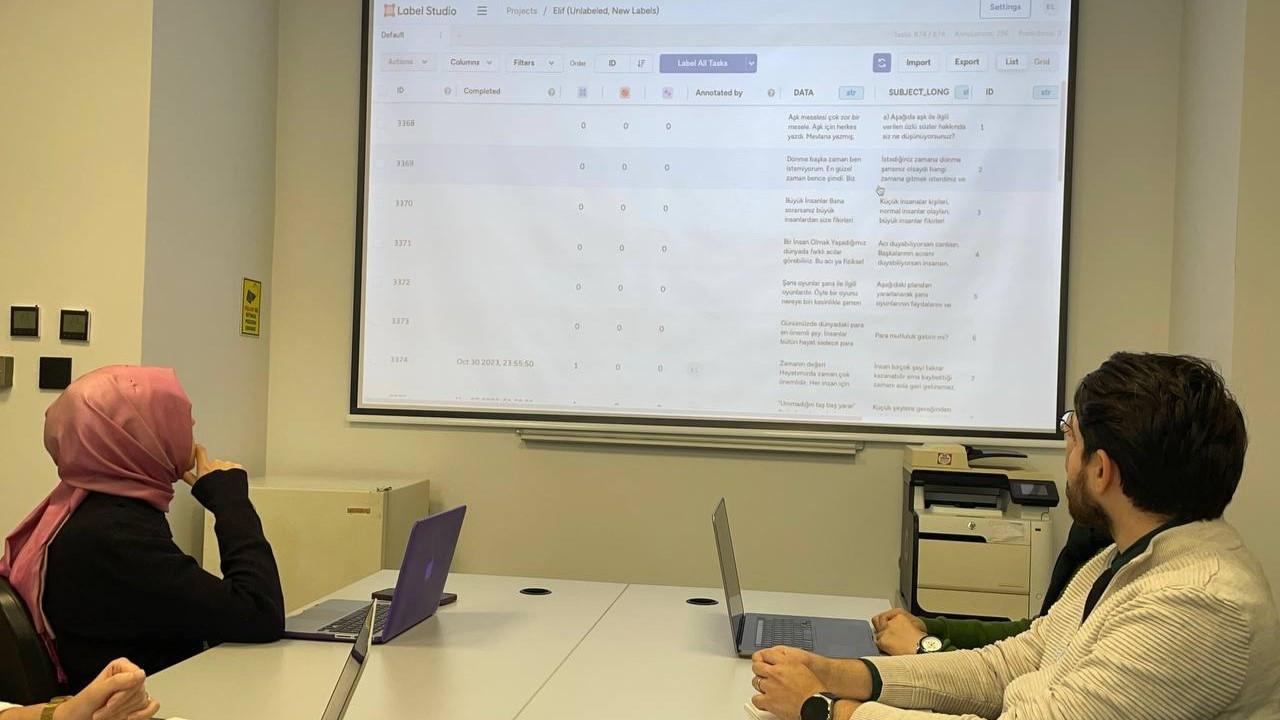
Scientists at Istanbul Technical University (İTÜ) have developed artificial intelligence software to identify and address Turkish language usage errors made by foreign learners.
The project, spearheaded by Gülşen Eryiğit, head of İTÜ’s Artificial Intelligence and Data Engineering Department, aims to revolutionize Turkish language teaching.
Eryiğit explained that the initiative began with the creation of a mobile application to support Turkish language education for foreigners. During this process, the team identified gaps in teaching, such as determining the order of language topics and adapting instruction for students from various demographics.
“Natural language processing technologies have advanced rapidly, but they primarily focus on widely spoken languages like English and Mandarin,” Eryiğit said. “There is limited error-correcting software for languages beyond these main ones. This inspired us to create a system tailored for Turkish.”
A key aspect of the project was developing a universal error-labeling standard for language learning. “The was no global standard for error labeling, so we created one that applies to all languages and publish it internationally. Our taxonomy and standards are now used to identify and categorize language errors,” Eryiğit added.
Initially, teachers mark errors in foreign students’ language use manually, creating datasets to train the AI system.
Over time, the software automates error detection, categorizing mistakes in grammar, sentence structure and syntax. The AI also enables educators to analyze aggregated data, revealing common challenges among different demographics. For instance, Syrian students may struggle with certain sounds, while French learners might face difficulties with verb affixes.
“This allows teachers to tailor lessons to specific needs and improve curricula based on data-driven insights,” Eryiğit noted.
The project, involving researchers at all academic levels, including international collaborators, has already secured two patents related to language learning.